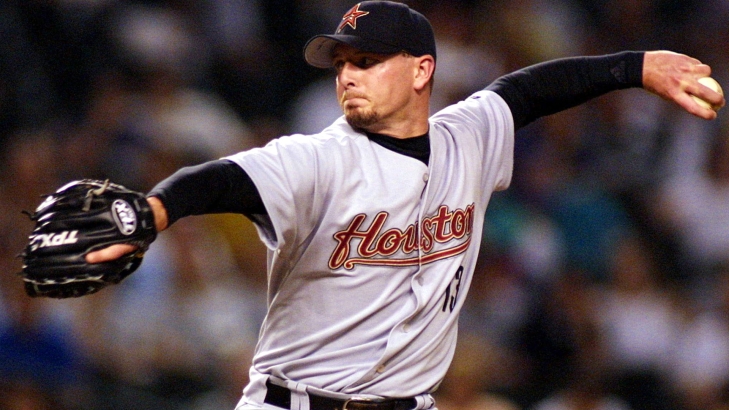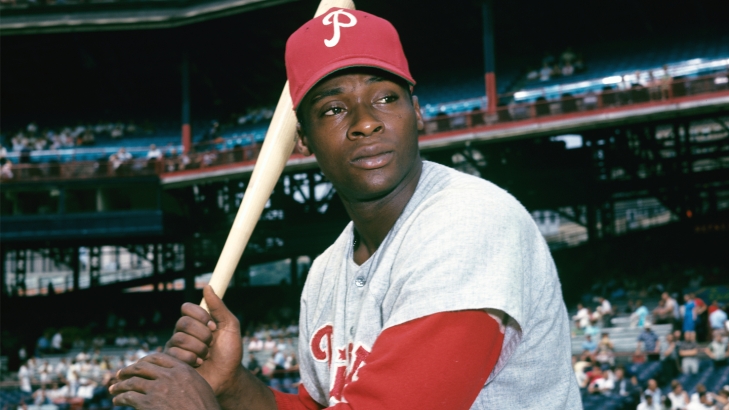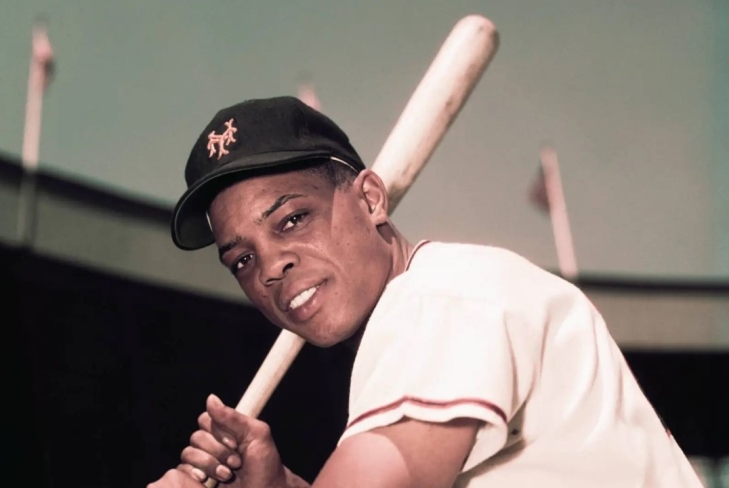- Published in DDT's Pop Flies
If I Had a Vote in the 2025 Baseball Hall of Fame Election
After a decade of "ballot logjam," has voting for the National Baseball Hall of Fame finally returned to normal? We will know when results from the ballots cast by the qualified members of the Baseball Writers' Association of America (BBWAA, or "the writers") are announced on January 21, 2025, although based on voting trends over the last decade, the bulk of the results are predictable and, by now, unsurprising.
What does a "return to normal" mean? Of the 14 first-time candidates on the BBWAA 2025 ballot, only two, CC Sabathia and Ichiro Suzuki, stand out as likely Hall of Famers, and neither are a lock for first-ballot induction. Of the 14 returning candidates, none of the "normal" candidates are automatic Hall of Famers, else they would have been elected already. Thus, there is no "ballot logjam," meaning that there are not more than ten sure-fire Hall of Famers who exceed the maximum of ten votes allowed per ballot.




